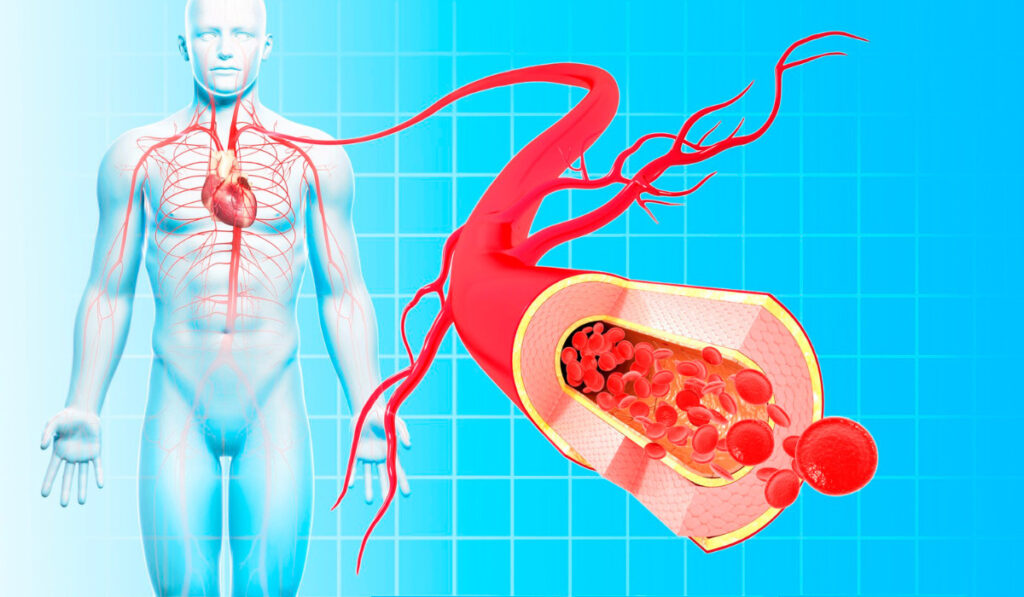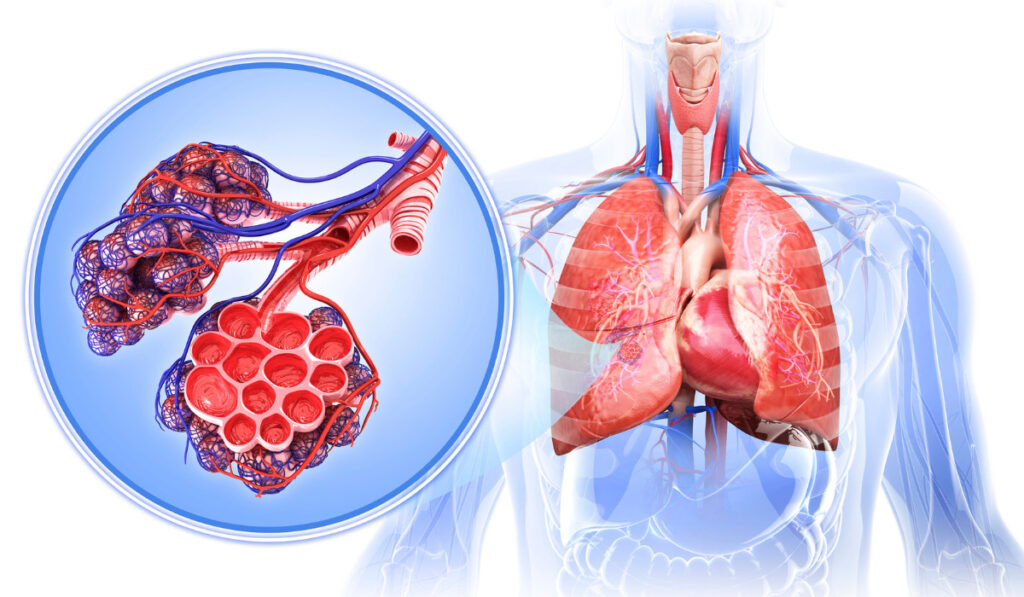As winter blankets the world in a frosty embrace, it brings with it not only the magic of snowflakes and cozy evenings by the fireplace but also a potential threat to your heart health. Cold weather can have a significant impact on your cardiovascular system, potentially increasing the risk of heart-related issues. Like heart attack etc.
In this blog, we will explore the ways in which cold weather affects your heart and discuss measures to keep your cardiovascular health in check during the winter months.
Constriction of Blood Vessels

One of the primary ways cold weather affects the heart is by causing the constriction of blood vessels.
The body’s natural response to cold is to conserve heat, leading to the narrowing of blood vessels.
This can result in increased blood pressure and strain on the heart, particularly in individuals with pre-existing cardiovascular conditions.
Increased Risk of Heart Attacks

Studies have shown a correlation between cold weather and an elevated risk of heart attacks.
The cold can trigger the formation of blood clots, which may lead to blockages in the coronary arteries.
Additionally, the combination of low temperatures and physical exertion, such as shoveling snow, can put added stress on the heart and increase the likelihood of a cardiac event.
Impact on Respiratory System

Cold air can be harsh on the respiratory system, causing airways to constrict. For individuals with cardiovascular issues, this can lead to decreased oxygen supply to the heart, putting additional strain on an already compromised system.
Those with existing heart conditions or respiratory problems should take extra precautions in cold weather.
Seasonal Affective Disorder (SAD)

Beyond the direct physical effects, cold weather can also contribute to Seasonal Affective Disorder (SAD), a type of depression that occurs seasonally.
SAD can indirectly impact heart health by influencing behaviors such as physical activity, diet, and medication adherence. Managing mental health during the winter is crucial for overall cardiovascular well-being.
Tips to Safeguard Your Heart During Cold Weather

Layer Up and Stay Warm
Dressing in layers helps trap warm air close to your body. Wearing a hat and gloves is also crucial, as a significant amount of body heat is lost through the head and extremities.
Stay Active Indoors
Maintain your regular physical activity routine indoors to keep your heart healthy. Consider activities like indoor walking, dancing, or using exercise equipment. Consult your healthcare provider before starting any new exercise program.
Maintain a Heart-Healthy Diet
Eat a mix of fruits, veggies, whole grains, and lean proteins to keep your heart healthy. Limit the intake of saturated fats, sodium, and refined sugars. Adequate nutrition is essential for overall cardiovascular health.
Monitor Blood Pressure
Regularly check your blood pressure, especially during the winter months. Cold weather can elevate blood pressure, and monitoring it at home can help you and your healthcare provider manage and adjust your treatment plan if needed.
Stay Hydrated
Although it’s colder, staying hydrated is still crucial. Cold weather can be deceptively drying, so be sure to drink plenty of water to maintain optimal heart function.
Be Mindful of Shoveling Snow
If you engage in snow shoveling, take breaks to avoid overexertion and strain on your heart. Use proper lifting techniques, and if you have a history of heart problems, consider hiring someone to handle the task.
Keep Medications on Schedule
If you take medications for heart conditions, continue to take them as prescribed. Cold weather may disrupt routines, so set reminders to ensure you don’t miss any doses.
Manage Stress Levels
Practice stress-management techniques such as deep breathing, meditation, or yoga. High stress levels can negatively impact heart health, so finding ways to relax is crucial, especially during the winter.
Conclusion
While winter may bring about picturesque scenes and holiday festivities, it’s essential to be mindful of its potential impact on heart health.
Taking proactive measures, such as staying warm, maintaining regular physical activity, and addressing mental health, can help mitigate the risks associated with cold weather.
Consultation with a healthcare professional is particularly crucial for individuals with pre-existing heart conditions.
FAQs
How can I protect my heart during the winter?
To protect your heart during the winter, dress warmly, stay physically active indoors, maintain a heart-healthy diet, and keep up with regular check-ups with your healthcare provider.
Does cold weather directly cause heart attacks?
Cold weather itself doesn’t directly cause heart attacks, but it can contribute to increased blood pressure, blood clot formation, and added stress on the heart, potentially raising the risk of cardiac events.
Are certain individuals more vulnerable to the effects of cold weather on the heart?
Yes, individuals with pre-existing heart conditions, respiratory issues, or a history of heart attacks are more vulnerable. They should take extra precautions and consult their healthcare provider for personalized advice.
Can Seasonal Affective Disorder (SAD) impact heart health?
Yes, SAD can indirectly affect heart health by influencing behaviors like physical activity and diet. Managing mental health is crucial for overall well-being, especially for those with existing cardiovascular conditions.

